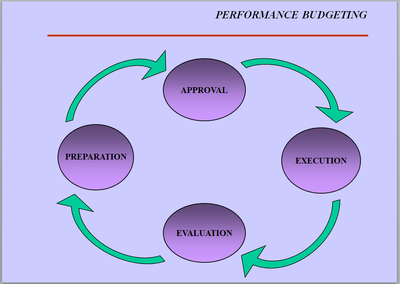Ban highlights private-sector investment for potential to ‘transform’ Africa’s Great Lakes region
Although the succession of violence and suffering has sometimes prevented countries in the African Great Lakes from achieving their potential, United Nations Secretary-General Ban Ki-moon said today that the hard-working people must be given more opportunities to use their abundant natural resources in order to address the root causes of conflict and ultimately transform the region.
Addressing the Great Lakes Private Sector Investment Conference in Kinshasa, capital of Democratic Republic of the Congo (DRC) earlier today, the UN chief said that participants had joined together to share ideas and experiences underscoring the importance of attracting private investment, promoting business activity and enhancing regional economic cooperation and integration in the region.
“Together, you have begun identifying regional investment opportunities, reviewing the investment climate, and beginning a dialogue between public and private sectors on how best to move forward,” Mr. Ban said participants at the event, which runs two days and seeks to bring together actors from the public and private sectors with current and prospective interest in the region.
The conference came at a “particularly opportune moment,” in the wake of the adoption of the 2030 Sustainable Development Agenda, the Paris Agreement on climate change and the Sustainable Development Goals, in which world leaders had pledged to end poverty by 2030 and leave no one behind, Mr. Ban said.
“But it will not happen on its own. Everyone must play a part,” Mr. Ban stressed. “All of you are critical. It is absolutely vital that investments are aligned to the implementation of these landmark accords,” he added.
The UN chief noted that he was pleased that the journey leading to the current conference was inclusive and involved consultations with Governments, business leaders, entrepreneurs and civil society organizations.
When the idea for the conference came about two years ago, “leaders recognized that peace and development are two sides of the same coin,” Mr. Ban said. “They understood that the lack of jobs and opportunities creates a breeding ground for conflict – and that conflict itself is the biggest obstacle to human development.”
Mr. Ban also recalled a visit to the Great Lakes region that he undertook in 2013 with World Bank Group President Jim Yong Kim, in which they sent the “strong message” that peace and development should go hand-in-hand.
Turning to Government leaders of governments of the Great Lakes region, Mr. Ban highlighted that by lending their support to the conference, they were showing their “resolve to improve the investment climate.” Governments had also committed to enact policies to help expand the domestic private sector, and to make it possible for micro-, small- and medium-sized enterprises to grow.
“As you do so, I encourage you to create an environment that ensures business operations and investments are responsible and sustainable, and predictable,” Mr. Ban stressed. “We know that this is an essential ingredient to long-term economic growth and building trust in societies.”
Speaking to the African private-sector leaders, Mr. Ban said that the people of the Great Lakes region count them – business leaders, entrepreneurs and investors – to fully contribute to the goal of transforming the region.
Urging the leaders to ensure that their actions can help realize the Sustainable Development Goals and advance the Paris Agreement, Mr. Ban said that the people of the region look to them “to strengthen productive capacity; create decent jobs and livelihoods; improve economic governance; and foster inclusive development and shared prosperity.”
Mr. Ban also asked development partners to work to build and enhance the productive capacities of Great Lakes States.
“Help to integrate the region into international value chains that change the nature of exports from raw materials to value-added exports,” he said.
He also asked global business leaders and investors at the conference to join efforts to build bridges to regional integration that will create larger markets and pools of resources, and deliver generous returns on private investments.
“We are in the heart of Africa. This region can also be an engine for development and economic growth, building on the progress that has been made over the years. All of you are pivotal to forging that path,” the UN chief said. Private-sector investment can ‘transform’ Africa’s Great Lakes region (Courtesy (United Nations News centre)

